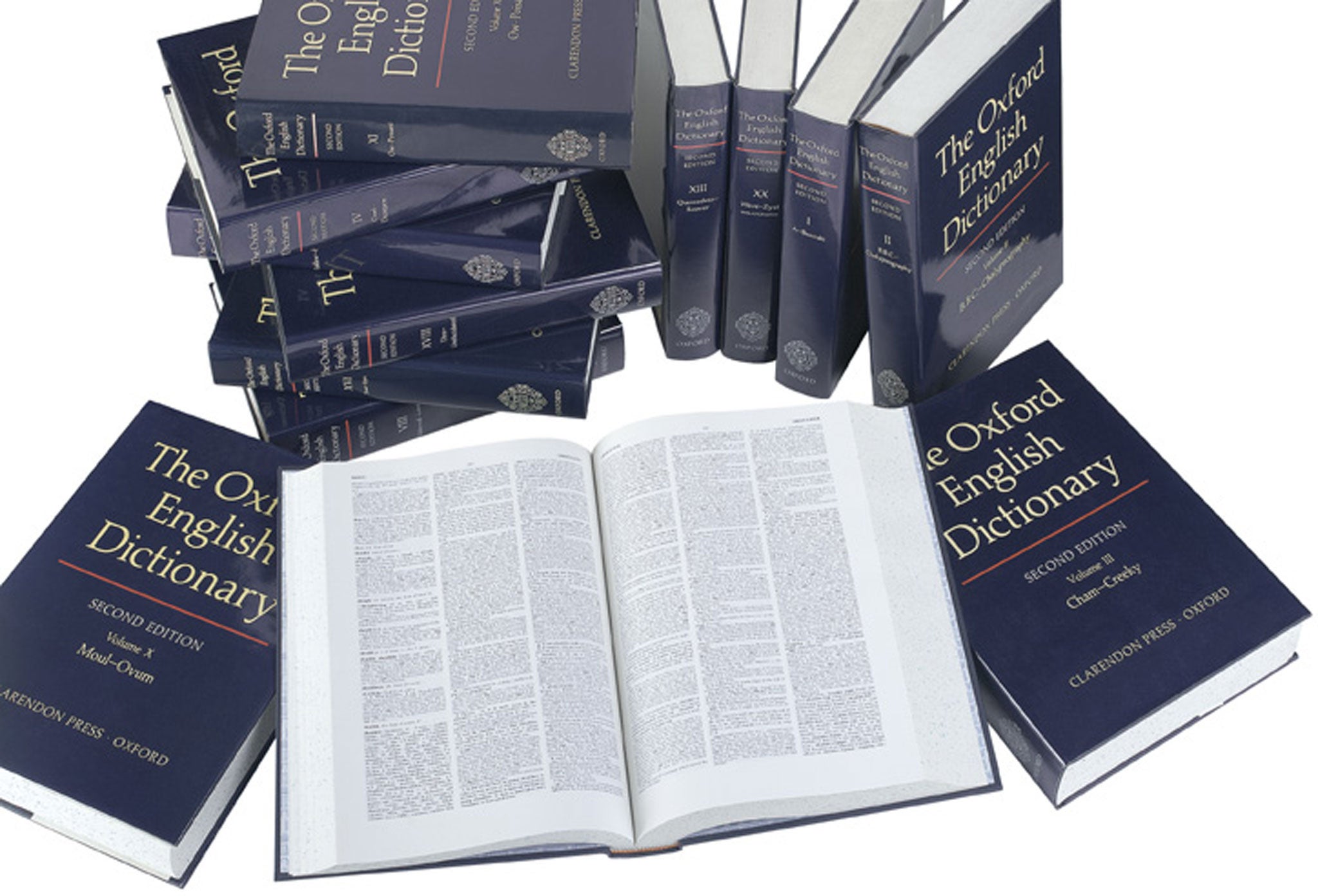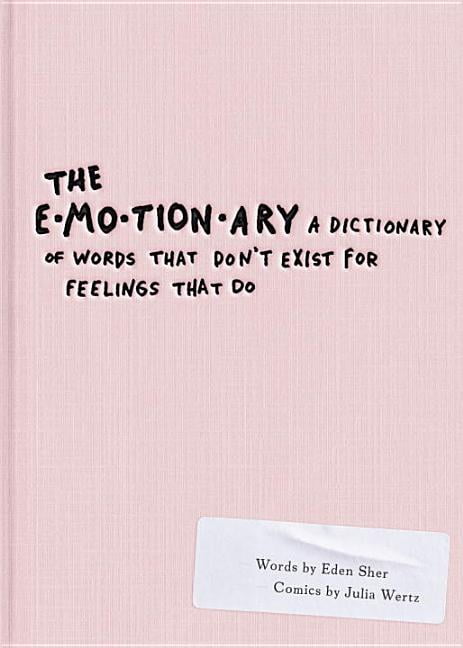

It is likely that many such ephemeral coinages will never be entered in dictionaries, especially abridged dictionaries where space (or time or money or all of the above) are at a premium. Many new words pass out of English as quickly as they entered it, the fad of teenagers grown to adulthood, the buzzwords of the business meetings past, the cast-off argot of technologies superceded, the catchy phrases from advertisements long forgotten. Ben Jonson, Timber: or, Discoveries made upon Men and Matter, 1640 (published posthumously)
#ALL WORDS IN DICTIONARY T HOW TO#
Its physical extent would preclude the printing of a book or even volume of books that was not extremely unwieldy, and the number of esoteric entries and jargon unique to specific fields or small regions would generate so many results in electronic searches as to make it difficult to find commonly used or needed words (imagine, for instance the difficulties of locating a word in such a database if you were not entirely sure how to spell it a problem that is often sufficiently challenging in much more modest-sized dictionaries).Ī man coynes not a new word without some perill, and lesse fruit for if it happen to be received, the praise is by moderate if refus'd, the scorne is assur'd. Such an exhaustive catalog of every English word would also prove extraordinarily cumbersome to use. And even if such a leviathan reference was somehow fashioned, the dictionary would be obsolete the instant it was published as speakers and writers continued generating new terms to meet their constantly changing needs. Constraints of time, money, and staff would make it impossible for any dictionary, no matter how large, to capture a fully comprehensive account of all the words in the language. One of the most prolific areas of change and variation in English is vocabulary new words are constantly being coined to name or describe new inventions or innovations, or to better identify aspects of our rapidly changing world. François Fénelon, 'Letter to the French Academy' (translation), 1714 In this way a footpath newly begun across a field soon becomes the most well-trodden, when the old road is found to be uneven and not so short." Each individual first of all sees an opportunity for it four or five people risk using it unassumingly in informal conversation others repeat it because of its taste of novelty and there it is in fashion. Choose a pleasant sound, with no trace of ambiguity about it, which adapts itself to our language, and which is an easy way of making our speech more concise. Although many aspects of English remain constant from one place to the next, there is also a high degree of variety in the "flavors" of it spoken around the globe, with people from each region adding unique vocabulary, pronunciation, and idioms, forever expanding the boundaries of a remarkably pliant language. John Dryden, 'Defence of the Epilogue', appended to The Conquest of Granada, 1672Įnglish is a living and distinctly vibrant language, spoken by millions around the world. "'Tis obvious that we have admitted many : some of which we wanted, and therefore our Language is the richer for them: as it would be by importation of Bullion: others are rather Ornamental than Necessary yet by their admission, the Language is become more courtly: and our thoughts are better drest." Words = collections.Counter(word for line in f for word in line.If a word is not in the dictionary, does that mean it isn't a real word? Be consistent in your style-don't put spaces after some functions but not others.You should always close files that you open-preferably by using a with statement.You can simplify the whole "store a default value if one isn't already there" by using the setdefault method, or by using a defaultdict-or, even more simply, you can use a Counter.You can get the keys and values at the same time by iterating over ems() instead of words.

You can fix that by using the keyword argument sep='', but a better solution is to use string formatting or the % operator. So, just… don't do that: print (", when you probably didn't want all those spaces. Your problem seems to be that you're trying to print words, but words is always going to be a number, and number can't be indexed.


 0 kommentar(er)
0 kommentar(er)
